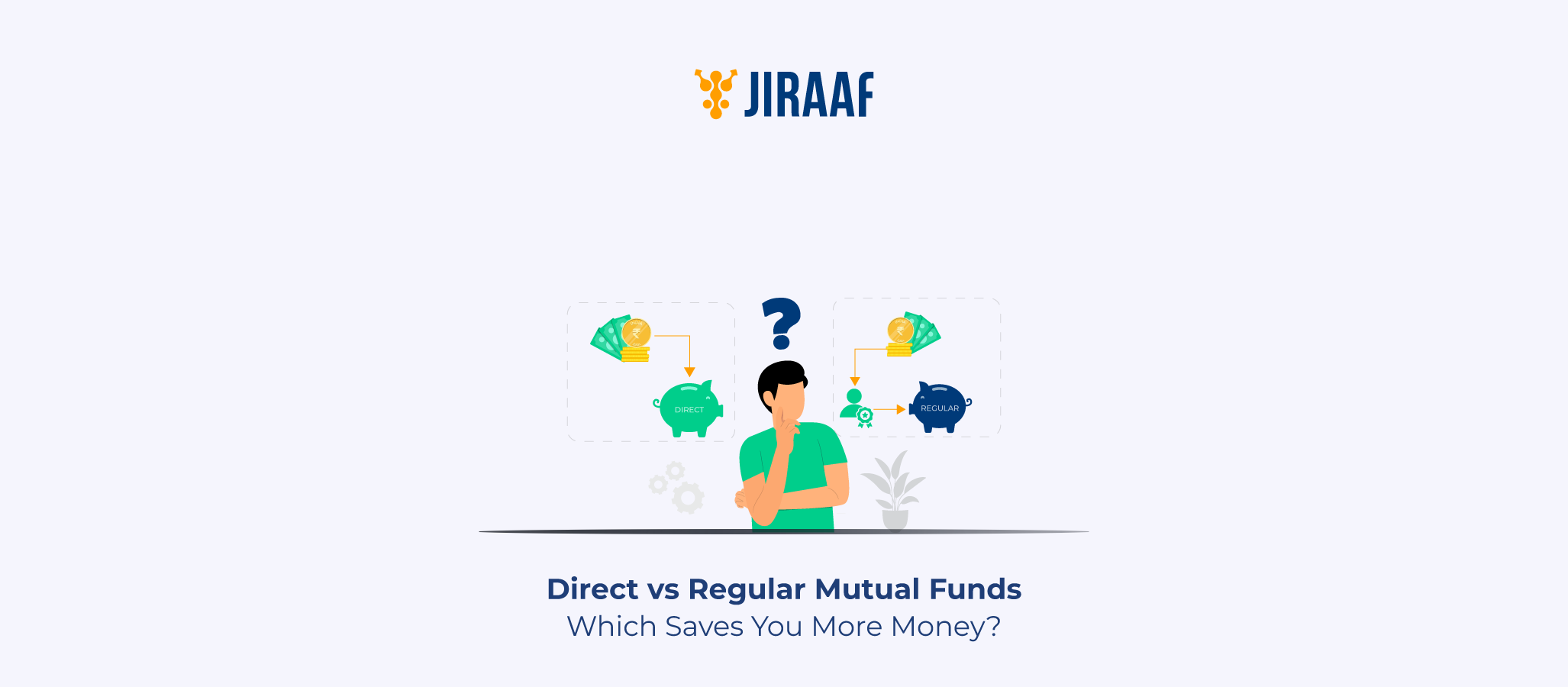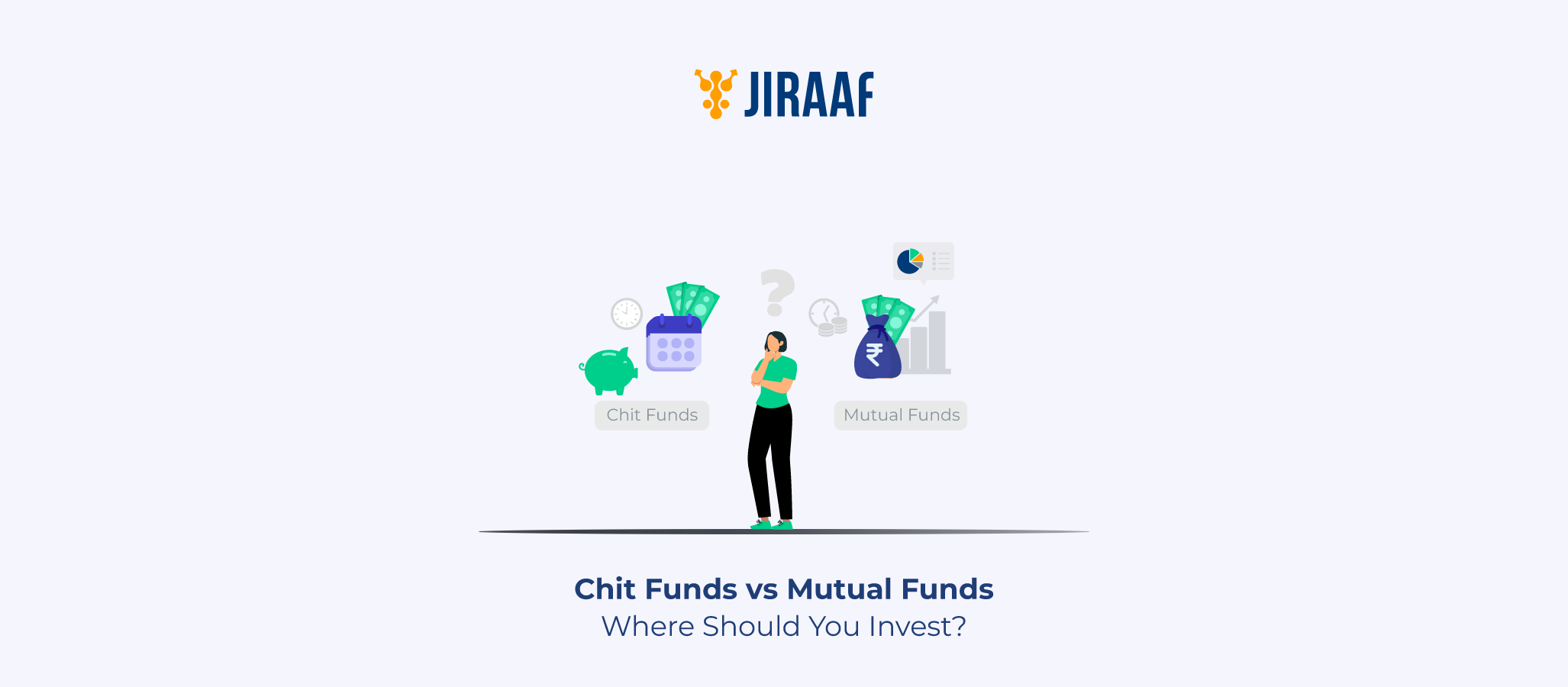A dividend yield mutual fund primarily invests in companies with a strong track record of paying regular dividends from their profits. Dividends are a portion of a company’s earnings/profits distributed to shareholders. These funds aim to provide consistent income to investors by focusing on dividend-paying stocks.
Investors in dividend yield mutual funds benefit not only from the potential growth of the companies they invest in but also from a regular income stream through dividend payouts, helping them generate steady and predictable cash flows over time.
What is a Dividend Yield Mutual Fund?
A dividend yield mutual fund invests typically in companies with the potential to give the shareholders regular dividend payouts.
These funds invest in the companies that pay regular dividends, which are basically a portion of their profits. When the fund manager sells these stocks at a higher price than when they were bought, the net profits are added to the fund’s net asset value (NAV). This fund can help generate income for you by investing in equities with high dividend yields. According to the Securities and Exchange Board of India (SEBI), dividend yield funds have to invest at least 65% of their assets in equities or equity-linked options.
Types of Dividend Yield Mutual Funds
Dividend yield mutual funds are divided into two categories based on the type of investments and distribution. These are equity dividend funds and debt dividend funds.
When it comes to equity dividend funds, the AMC (Asset Management Company) invests mostly in a companies’ equity shares. The primary objective of these investments is to deliver capital appreciation over medium to long-term period while earning regular dividends from the portfolio companies. Debt dividend funds, on the other hand, invest in securities that pay interest such as bonds or corporate debt, resulting in stable, low risk, and smaller returns.
While equity funds could appeal to you if you are an investor looking for long-term growth, debt funds could be ideal if you are a conservative investor who prefers consistent income over capital gains. Both types pay dividends out regularly, but keep in mind that distributions are not guaranteed and are influenced by the fund’s actual performance.
How Dividend Yield Mutual Funds Work
A dividend yield mutual fund invests in equities of companies which pay steady dividends. These companies earn significant profits, allowing them to distribute dividends. As a result, investments are made in stocks of companies with a demonstrated track record of generating profits and distributing dividends.
When you invest in a dividend yield mutual fund, you earn profits based on dividends issued by the portfolio companies. If you select the dividend payout option, the fund management will send you the dividends directly. The fund house must send dividend warrants to shareholders within 30 days of declaring the dividend. If they fail to reach this deadline, they must pay you interest throughout the delay period. SEBI currently enforces a 15% annual interest charge for any missed payments.
Some key highlights are:
- You get dividends from companies in the fund’s portfolio.
- The fund manager delivers dividends directly to you if you chose the distribution option.
- Fund houses must pay dividends within 30 days after declaration.
- They pay 15% interest if they miss the deadline.
Best Dividend Paying Mutual Funds in India (2025) based on the AUM
The following list of the top five highest yielding dividend yield mutual funds in India for 2025 is based on dividend distribution:
| Scheme Name | AMC Name | Launch Date | Distribution Yield | Period Range |
| DSP Flexi Cap Dir IDCW | DSP | 01-01-2013 | 7.83% | 14-05-2020 To 18-06-2025 |
| PGIM India Flexi Cap Dir IDCW | PGIM India | 25-02-2015 | 7.76% | 14-05-2020 To 18-06-2025 |
| Motilal Oswal Flexi Cap Fund Dir IDCW | Motilal Oswal | 28-04-2014 | 6.76% | 14-05-2020 To 18-06-2025 |
| HDFC Flexi Cap Dir IDCW | HDFC | 01-01-2013 | 6.64% | 14-05-2020 To 18-06-2025 |
| Bandhan Flexi Cap Dir IDCW | Bandhan | 01-01-2013 | 5.34% | 14-05-2020 To 18-06-2025 |
Pros and Cons of Investing in Dividend yield mutual funds
Dividend yield mutual funds are a good choice if you are looking for a consistent income stream while growing your capital. They do offer benefits like a steady flow of income and moderate volatility; they however can have disadvantages such as tax inefficiency and unpredictable returns. Whether you’re a retiree seeking extra income or a conservative investor looking for stability, understanding the benefits, drawbacks, and taxation is critical.
One important feature of dividend yield mutual funds is that they provide good equity exposure, at lesser risk since they are less vulnerable to market volatility than other high risk equity-linked schemes like small cap or mid cap funds. They provide high returns over the long-term because dividend yield funds invest in stocks of companies with good finances and an established track record. Since the underlying companies in these schemes issue regular dividends, they may be a good solution if you seek consistent income and stability.
Dividend yield schemes do come with the inherent risks of mutual funds such as credit risk, interest rate risk, and market risks. The government has changed the tax incidence of dividend income, which raises the taxes linked with dividend yields. These funds are less volatile since their underlying investments are not as affected by market swings. There is no denying that returns are market dependent and cannot be guaranteed.
Taxability on Dividends Yield Mutual Funds
Before 2020, dividends received from mutual funds were completely tax-free for investors, as fund houses paid a Dividend Distribution Tax (DDT) before making any payouts. However, the Finance Act, 2020, abolished DDT, shifting the tax burden to investors. Now, any dividend income you receive is added to your total income and taxed according to your applicable income tax slab. Additionally, Tax Deducted at Source (TDS) may apply, and you cannot claim deductions for any expenses incurred to earn this income.
To stay compliant, ensure you track all dividend income, report it when filing your Income Tax Return, and consider opting for the growth option in mutual funds if you fall under a higher tax bracket to minimize tax outgo.
Capital gains from mutual funds, both long-term (LTCG) and short-term (STCG), continue to be taxed separately as per prevailing rates when you sell, switch, or transfer your investments.
Should You Invest in Dividend Yield Mutual Funds?
You can explore dividend yield mutual funds as an investment option if you are evaluating regular income payouts and less risky options.
Investment Tenure: Like other mutual funds, it is crucial to consider the fund’s investment tenure. A dividend yield fund that has experienced the stock market’s bull and downturn periods will deliver greater returns than more recent schemes.
Risk Tolerance: If you are a traditional, conservative investor that values stability in your investment portfolio, look for funds with a stronger exposure to large-cap stocks. This is because your primary goal is to minimize risk by investing in a low-hazard program.
Regular Income: Given that these mutual funds invest primarily in equities of firms that pay monthly dividends, they provide you with a consistent income stream.
Conclusion
Dividend yield mutual funds could be an excellent addition to your portfolio if you are looking for a consistent income stream with less risk than pure growth equity funds. They offer the joint benefit of capital appreciation and periodic dividend payments, making them suitable for retirees and conservative investors. However, you need to carefully consider the post-2020 tax changes and non-guaranteed payouts before making a decision.
FAQs
What are dividend yield mutual funds and how do they work?
Dividend yield mutual funds invest in stocks that pay out regular dividends. The dividend yields mutual funds’ basic goal is to distribute regular dividends to investors. The fund manager achieves this by investing mostly in securities of companies that have the ability to deliver regular dividends.
Are dividend yield mutual funds taxable in India?
Dividend income earned from dividend yield mutual funds are taxed in the hands of unit holds/investors as per the applicable tax slab. Capital gains, whether short-term or long-term, continue to apply in case of sale, switch or transfer of investments.
What is the difference between dividend payout and growth mutual funds?
The dividend earned by dividend yield mutual funds are distributed to the investors on a regular basis whereas growth mutual funds reinvest the dividend earned to generate complex returns, resulting in increased long-term capital appreciation. Taxes are only levied at the time of redemption, or only when they are sold.
How to choose a good dividend yield mutual fund?
To determine whether dividend funds are a good fit for your portfolio, consider the goals you have like your risk tolerance, tax bracket and your financial standing. Are you seeking for steady income, growing capital, or both? Understanding your objectives will help you narrow down your choices.
Do dividend yield mutual funds offer regular income?
Dividend yield mutual funds are a form of mutual funds specifically designed to provide regular income to investors. These funds invest majority of their assets in equities of companies having a track record of paying out steady dividends.
Discover fixed income investments with Jiraaf, a SEBI registered online bonds platform that educates and brings access to a wide array of bonds. Sign up today to explore diversified fixed income investment opportunities to support your goal-based wealth creation journey. Start investing!









